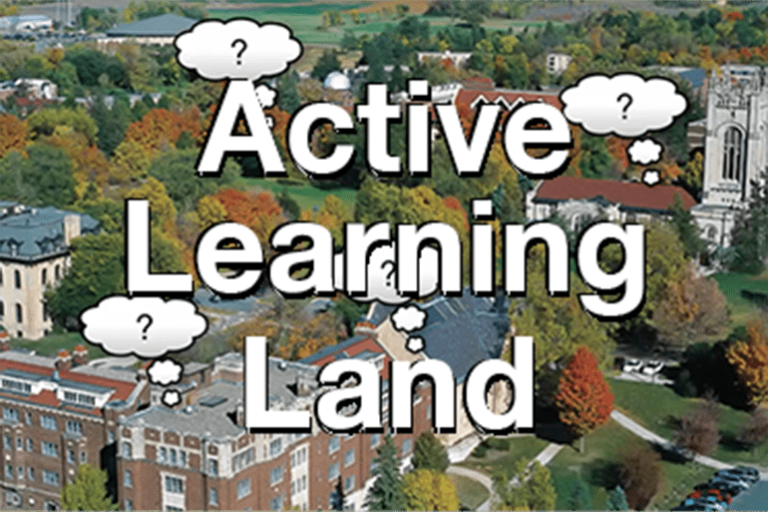This content was originally published on gamedev.msu.edu.
When you see the phrase, serious games, do you think of something educational and boring? Or do you think about games to teach college professors how use active learning approaches in their teaching? Games to inspire computing teachers in Qatar about how algorithms help solve social problems such as traffic jams? Games designed to encourage young learners of English as a Foreign Language to correct each others’ common grammar mistakes?
Do you think about games designed to cause game design students to think about why they play? Games to motivate todays’ youth in China to save the endangered Pangolin? Games to raise college student awareness about the harsh challenges for civilians who live in war zones?
The coolest thing about Michigan State University’s serious game graduate certificate program courses is the students. The second coolest thing is the projects our students create. I offer you a quick tour of a handful of the many great spring 2017 serious game projects from MI830: Foundations of Serious Games.
Active Learning Land
by Nick Noel, Instructional Designer, Michigan State University and MSU Educational Technology MA student
Audience: University faculty who teach undergraduate courses and are at a development workshop.
Serious Goals:
- Introduce simple active learning activities to university faculty
- Show that these activities can be implemented easily
- Introduce the concept of synthesizing technology and class activities
Traffic Manager
by Hanan Aishikhabobabkr, Computing Education support for middle and secondary school teachers and MSU Educational Technology MA student (who lives in Qatar)
Audience: Secondary school computer teachers in Qatar with ICT (Information and Computer Technology) background who will be trained to teach computational thinking.
Serious Goals:
- Experience some of the ways where algorithms can be used in solving problems in the real world
- See how algorithms are executed
- Notice some of the factors to consider when making up an algorithm warzones
WarZones by AJ Moser and Bingzhe Li, MSU Media and Information HCI MA students
Audience: 18-24 year old college students who may be active voters, and care about the innocent people suffering from war and would like to know more about them.
Serious Goals:
- Give players a sense of what it is like living in a war zone as a normal civilian
- Show a variety of serious problems civilians might encounter
- Demonstrate the cruelty of war on people living in the area
EFL Foundational Grammar Decks by Justin Thibedeau, EFL (English as a Foreign Language) teacher and MSU Educational Technology MA student (who lives in Taiwan) Audience: English as a foreign language (EFL) students Serious Goals: Motivate students to generate meaningful language as they recognize and practice grammar patterns to combat native language (L1) influence pangolin Pangolin! Protect or Poach? by Yiqing Ling, MSU Media and Information HCI MA student Audience: Chinese teenagers
Serious Goals:
- Evoke interests of pangolins
- Enrich knowledge of pangolins
- Raise awareness of their biggest threat – poaching
Cloudwalker
by Mars Ashton, Director of Game Art in the department of Art and Design and Assistant Professor at Lawrence Technological University
Audience: Budding game designers
Serious Goals: Teach players to question what games are asking them to do and why on a critical level
In MI830, students begin by completing a series of short “gamelabs” to learn the serious game design process. Then they embark on a 10-week “epic quest” to create a serious board or card game. They create a prototype, playtest the prototype, and iterate the design.
More than half of students in the graduate certificate program are full time working professionals, including K-12 teachers and university professors, corporate trainers, museum professionals, outreach professionals, fortune 500 employees, IT workers in the healthcare industry, game designers, and more.
The graduate certificate program also serves MA and PhD students in Media and Information, Educational Technology, other MSU departments, and other universities.
The deadline for applying for admission in Fall 2017 is June 15. All three courses can be taken online. For more details, visit the SGD site. Or email professor Carrie Heeter, director of the serious game graduate certificate program (heeter@msu.edu).
